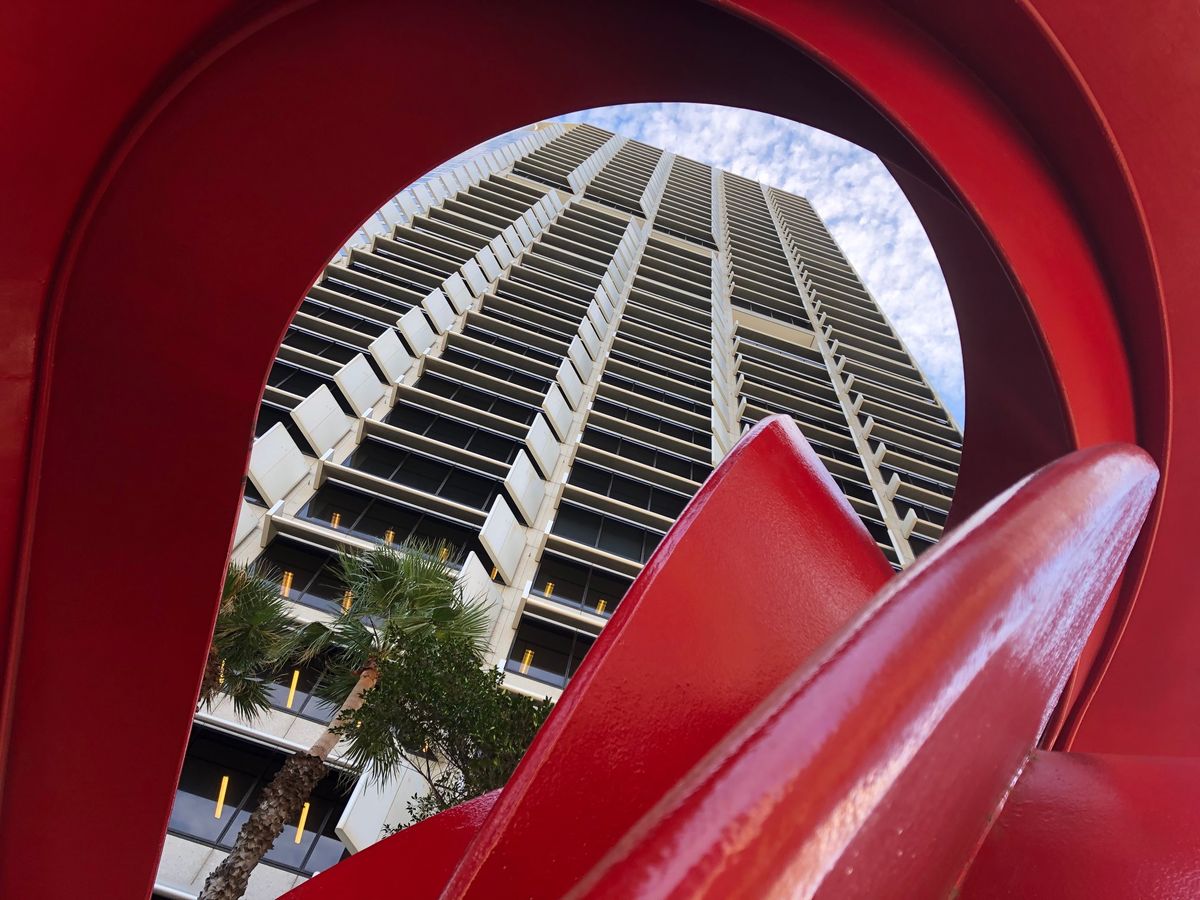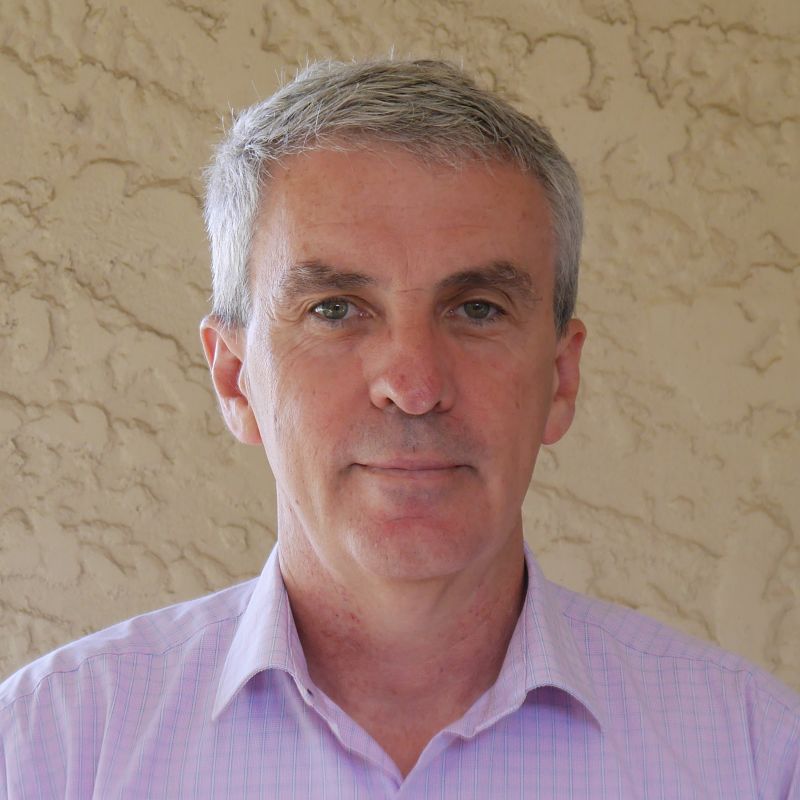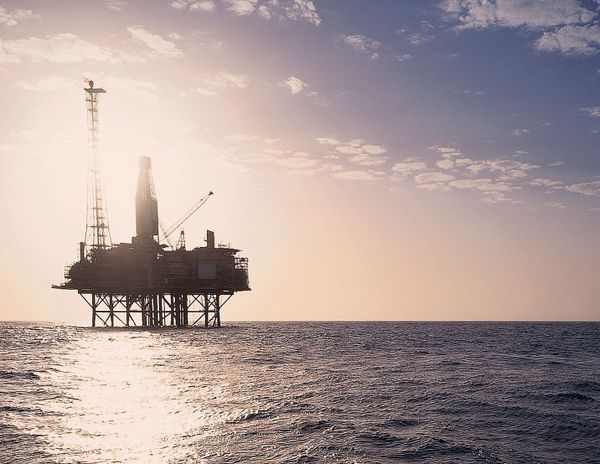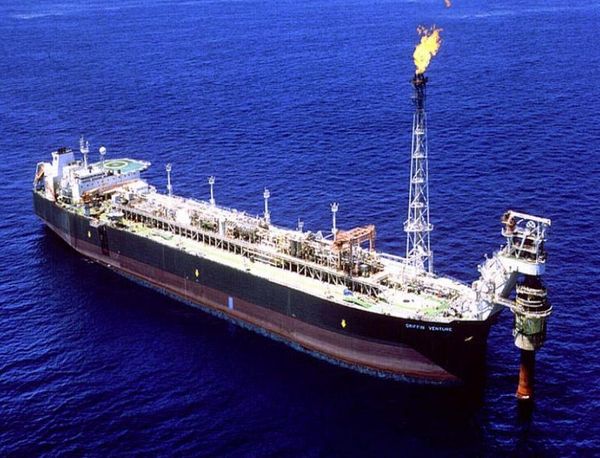How big gas drives the story to keep its licence
Maintaining social license for oil and gas keeps executives awake at night according to industry lobby group APPEA that is researching how to fix the problem

This article was first published in Australian Energy Daily © Peter Milne.
The Australian oil and gas industry has chalked up some wins with governments in recent years but knows it also needs to build popular support - and is doing it with research-backed tailored messages for different audiences.
When Zoe Yujnovich, chair of the Australian Petroleum Production & Exploration Association, opened the industry’s annual conference in May she listed the NT overturning its onshore gas ban, the WA government inquiry that supported fracking and the release of new acreage for gas exploration in Queensland as recent wins for the lobby group.
But Yujnovich said she did not expect the climate and energy debate to recede despite the reelection of the Coalition government
It was in the cities, Yujnovich said, that the gas industry faced its strongest ideological opposition.
“Armed with a megaphone or iPhones an increasing number of professional activists and huge armies of ideologically-driven volunteers are waging a virtual war with religious zealotry,” the Shell Australia chair said.
“Our opponents are well-orchestrated, well-funded and well-drilled on tactics aiming to destroy an industry that has overwhelmingly been a force for good.”
In mid-2018 the gas industry decided it needed to talk directly to the community and rejigged how it fights the information battle.
Listen then speak
Maintaining social license is an issue that APPEA communication director Sarah Browne said “kept executives awake at night”. To work out how big an issue this was it conducted a survey of community attitudes in August 2018.
When asked to what extent they supported or opposed the gas industry, 9% of Australians were strong supporters, 35% somewhat supported the industry, 37% were neutral or did not know and 18% were totally opposed.
In WA where gas is a big employer 20% strongly supported the industry and 10% were totally opposed.
Browne said the results showed there was not widespread opposition to the gas industry and attributed the 72% of people nationally who were not strong supporters or opponents to “a lack of awareness”.
The two main lessons Browne learnt from other social license campaigns was the importance of long-term engagement and “talking to people about issues they were interested in”.
This led APPEA to launch its Brighter campaign in October 2018 to promote issues such as jobs, small business, how gas worked with renewables and its use in everyday life.
In a tailored approach that Browne outlined to the Energy in WA Conference last month, the Brighter campaign sends different messages to different groups using the channels that work best for them.
Multiple messages
Rural retirees are told how the gas industry benefits their area over sponsored barbecues, truckies hear the message via support of the Australian Trucking Association, and programs in schools promoting oil and gas careers reach parents concerned about jobs for their children.
Brighter connects with people uninterested in gas indirectly, such a providing videos for keen cooks.
“Our research shows that while she's there she reads two other pieces of content on issues like carbon futures, or fracking, or mutual use, or environment that she would not otherwise have read,” Browne said.
“Because we're talking to people about what they want to do and then they are connecting with the other content.”
APPEA uses another channel - Energy Information Australia - to convey specific information on issues such as gas co-existence with farming, environmental impacts and price. The original APPEA brand is still used for hard policy issues such as taxation. It regularly issues statements detailing how much tax the sector pays.
Browne told Australian Energy Daily APPEA was comfortable EIA provided robust, independent scientific material.
Only two of the 15 fact sheets on the EIA website disclosed it was an initiative of APPEA and the lobby group was not mentioned on the home page.
Browne said the link with APPEA was on the website’s about page and appeared on all printed material.
In August APPEA again surveyed community attitudes to gas and while 18% still strongly opposed the gas industry strong support had risen from 9% to 12%.
Brighter has collected more than 8,000 Facebook followers in 12 months but this is dwarfed by the 124,000 following Lock the Gate and Greenpeace’s 443,000 followers in the Asia Pacific.
“We're happy, although we obviously need to keep going and that's why I mentioned longevity is one of the key learnings from (other) successful activities,” Browne said.
Main image: Chevron Australia headquarters in Perth. Source: Peter Milne




